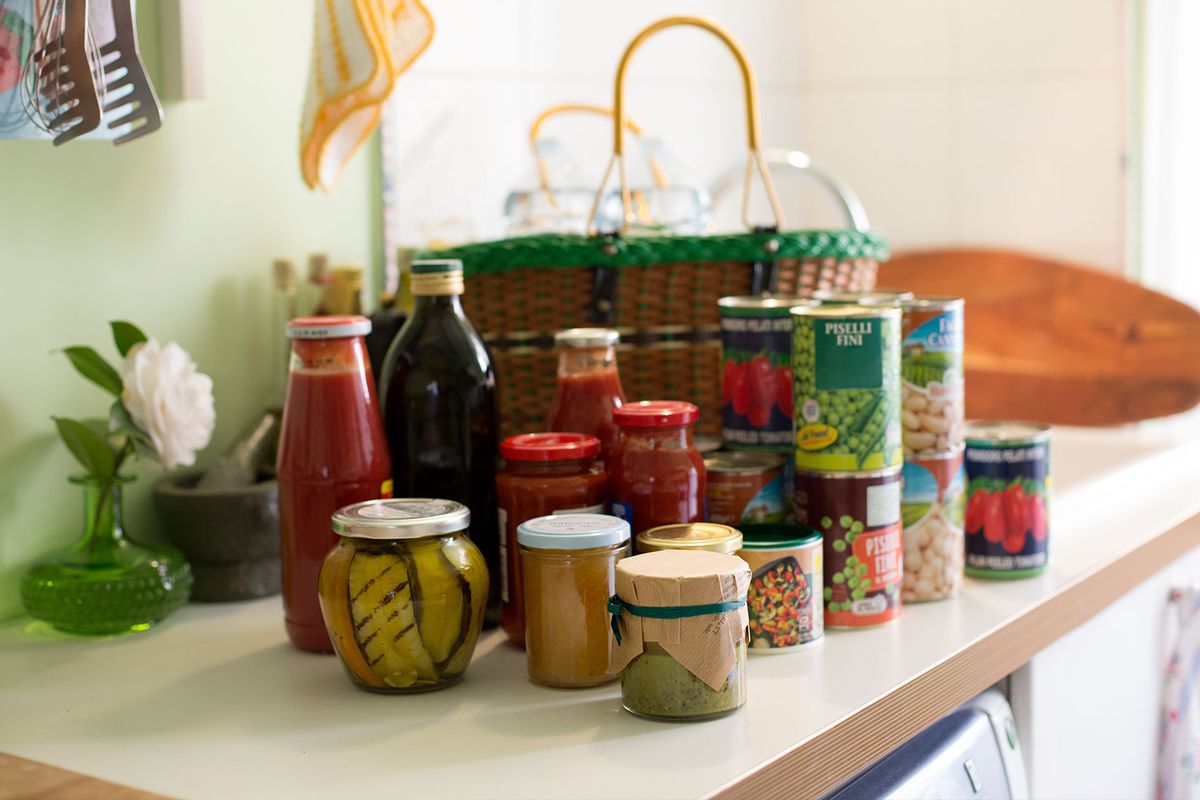In recent decades, the term "processed foods" has carried with it a negative connotation. So much so, that plenty of consumers shudder at the thought of consuming something riddled with artificial flavors, additives and synthetic ingredients that are too difficult to even pronounce.
Whether you love them or hate them, processed foods are here to stay. And they continue to dominate the food industry at an astounding rate. A recent assessment conducted by the Access to Nutrition Initiative found that about 70% of food products sold in the United States are unhealthy. In the same vein, new research from Northeastern University's Network Science Institute indicated that 73% of the U.S. food supply is ultra-processed. And a recent study published in the American Journal of Preventive Medicine found that only a small number of U.S. policies target ultra-processed foods, underscoring how ingrained these foods are in a standard American diet.
It's hard to imagine a time when processed foods were considered healthy. But that's exactly how their origin story goes. It's no secret that our ancestors were experts in food processing. They fermented to create alcohol and dairy. They milled and baked to produce breads and pasta. And they preserved to enjoy salted, brined meats and seafood. Such techniques allowed early humans to "travel further and survive cold winters or harsh famines," per the BBC. They also enhanced the cooking process and made food consumption both nourishing and enjoyable, which is why food processing continues to persevere today. Cooking foods introduces new flavors and makes them more digestible. Fermenting helps introduce new nutrients (think kimchi and sauerkraut which are rich in probiotics). And pasteurization, pickling or brining all maximize the shelf-life of foods, allowing them to be enjoyed over longer periods of time.
Things, however, took a turn in the 18th century, when John Montagu, 4th Earl of Sandwich — the eponymous inventor of the sandwich — manufactured his own sparkling water with some help from chemist Joseph Priestley. The water was specifically made for Britain's navy, who embarked on long sea journeys with limited supplies of fresh food and water. Fresh water could only be stored for a few months before it went stale or became too hazardous to drink. So, sparkling water was the best — and safest — option.
Priestley produced a vessel of "water impregnated with fixed air [carbon dioxide]," he described in a 1772 pamphlet. He also believed the drink might prevent scurvy, saying, "In general the disease in which water impregnated with fixed air will most probably be serviceable are those of a putrid nature."
Carbonated water failed to do that but it did inspire the creation of medicated water, or tonic water infused with quinine from the bark of the cinchona tree. That ultimately inspired the creation of caffeinated "cola" drinks in the 1890s, which were used as digestive aids. Made from kola nuts and coca leaves, the drink was advertised as an "ideal brain tonic" in the late 19th century.
The modern rendition of Coca-Cola is quite the opposite, considering that it's filled with sugar, natural flavors and numerous synthetic chemicals. Amid the 1900s, WWII, the space race and an overall faster pace of life led to food processing as we know it today. The working middle class also grew in size, leading to a greater need for fast, long-lasting, ready-to-eat meals. Thus began spray drying, evaporation, freeze drying and the use of preservatives, which all made packaging and preserving foods much easier. Then came artificial sweeteners and colors which helped foods taste and look better.
Want more great food writing and recipes? Subscribe to Salon Food's newsletter, The Bite.
"The home oven, microwave, blender and other appliances provided an easy way to quickly prepare these meals. Factories and mass production techniques made it possible to quickly produce and package foods," explained the Automated Process Equipment Corporation (AEPC). "These developments paved the way for globally popular foods like frozen dinners, instant noodle cups, baking mixes, and more."
Those techniques are still prevalent in our current food industry. New technology and scientific innovations have also allowed for food to be modified in ways we couldn't imagine before — concoctions of chemicals can now look, taste and feel like actual food. Overall, it's important to be aware of the health consequences that come with consuming processed foods. Doesn't mean they have to be nixed from your diet completely. A healthy balance is key to enjoying them in moderation.



Shares